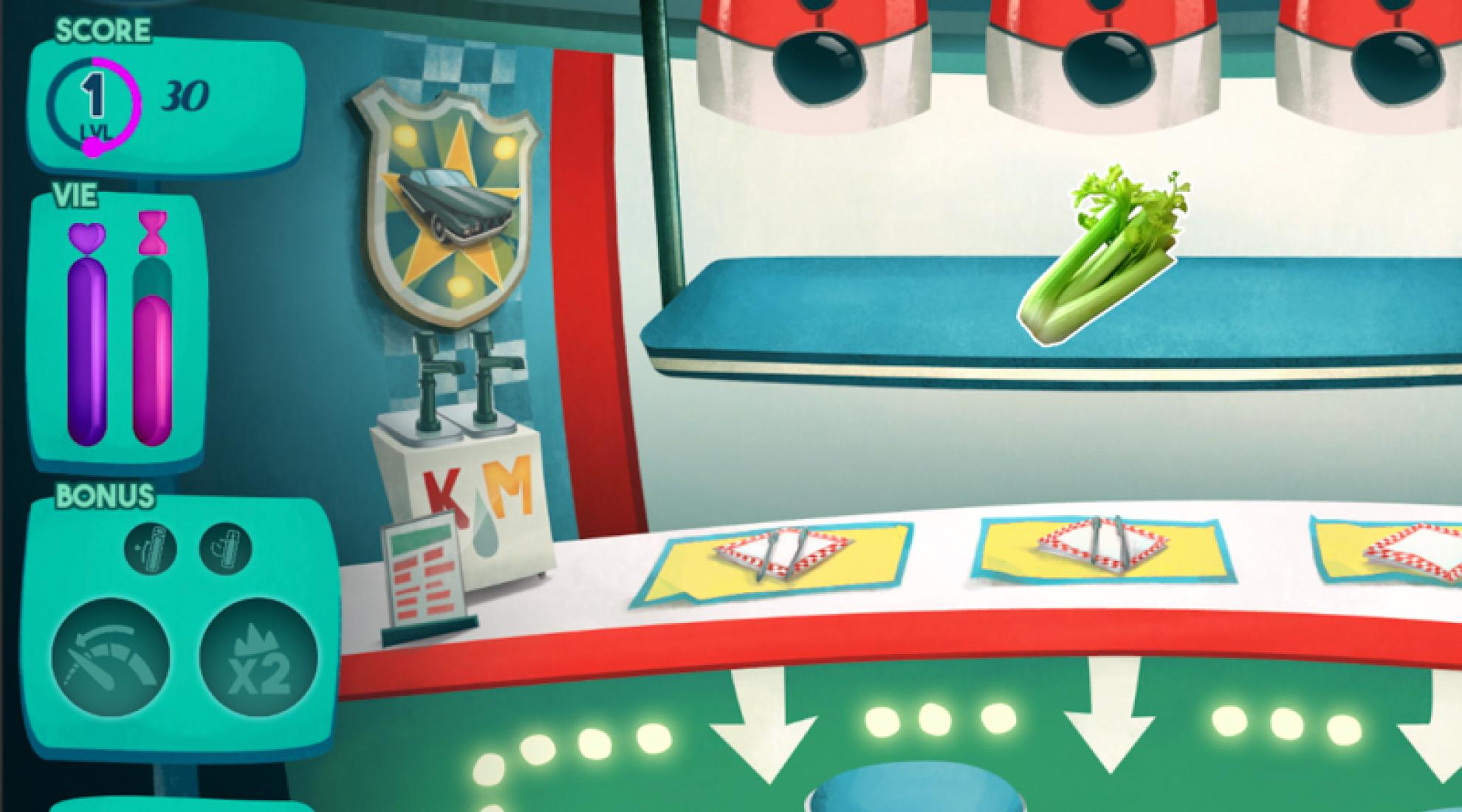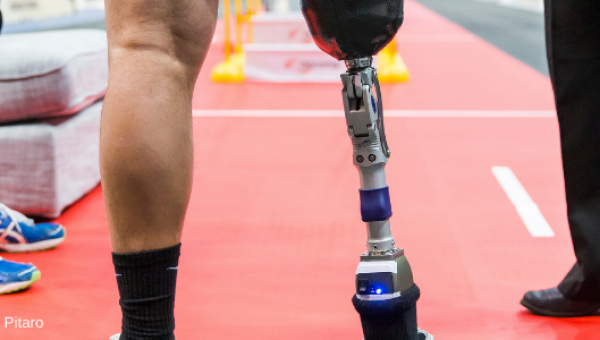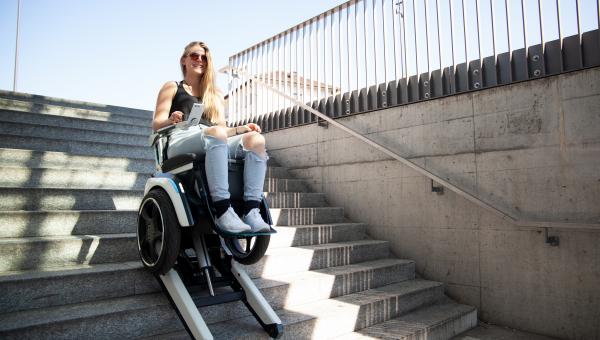Video games as therapy

A professional-level video game incorporates a new, patented brain-training mechanism of action that helps reduce how much individuals like and want attractive but unhealthy food items. The result is a new digital therapy against obesity.
Update 2025
The power of using arcade games to improve the health and lifestyle choices of patients has been demonstrated with a fully functional MVP. The study, published in the leading scientific journal Nature, shows impressive results in reducing sugar consumption by rewiring the patient's brain using Neuria's patented neurocognitive system. Playing the game for 5-10 minutes a day resulted in a 25% reduction in the consumption of sugary drinks.
Neuria, whose behaviour change pattern implemented in the video game is based on more than 10 years of neuroscience research, is currently preparing a seed round of CHF 3 million for spring 2025 to obtain its first medical device licence and launch its first product in Switzerland with plans to target the large US market in 2026.. The team is in talks with several B2B partners for a pilot to test the business model: With a monthly subscription of CHF 60 per user, covered by health insurance, the potential healthcare savings are expected to far outweigh the costs.
The start-up recently secured CHF 150,000 through the Venture Kick program, which will enable Neuria to complete the commercial alpha version of its platform, strengthen its sales and marketing team and establish a presence in the United States.
Obesity has become a widespread disease in Switzerland, as in many other countries. According to the Swiss Federal Office of Public Health, 42 per cent of the population in Switzerland is overweight or affected by obesity. In response to this alarming development, the spin-off Neuria from the University of Fribourg has succeeded in achieving a sustainable change in eating behaviour through a specially developed video game called 'The Diner'.
Video games to improve behaviour
In a typical American restaurant setting, various foods are shown on the screen. Between a celery and a carrot, a hamburger suddenly appears on the screen. The general rule of the game is simple: the player selects healthy food as quickly as possible and holds back from unhealthy food. Each success unlocks bonuses and increases the difficulty of the game, while mistakes reduce the player's life bar.
According to Dr Lucas Spierer, CEO of Neuria and head of the Spierer Research Group at the University of Fribourg, the therapy is based on a patented mechanism of action that gradually modulates the responses of the brain's motivational and reward systems. Each time the player holds back from an unhealthy food item in the game, he or she gradually decreases its appeal in real life. Neuria thus eliminates the need to maintain self-control, which is the main cause of failure in traditional diets.
Our technologies are the result of years of scientific research, but the notions of fun and pleasure must remain at the centre of the change process.
Creating gamified digital therapies
The result of this fruitful collaboration between neuroscience experts and video game professionals is a new form of digital therapy that positively influences the eating habits of users.
Neuria's innovative application is available for all ages on tablets and smartphones. The spin-off plans future versions focusing on alcohol consumption and smoking and also creates individualised gamified digital therapies for new applications.




